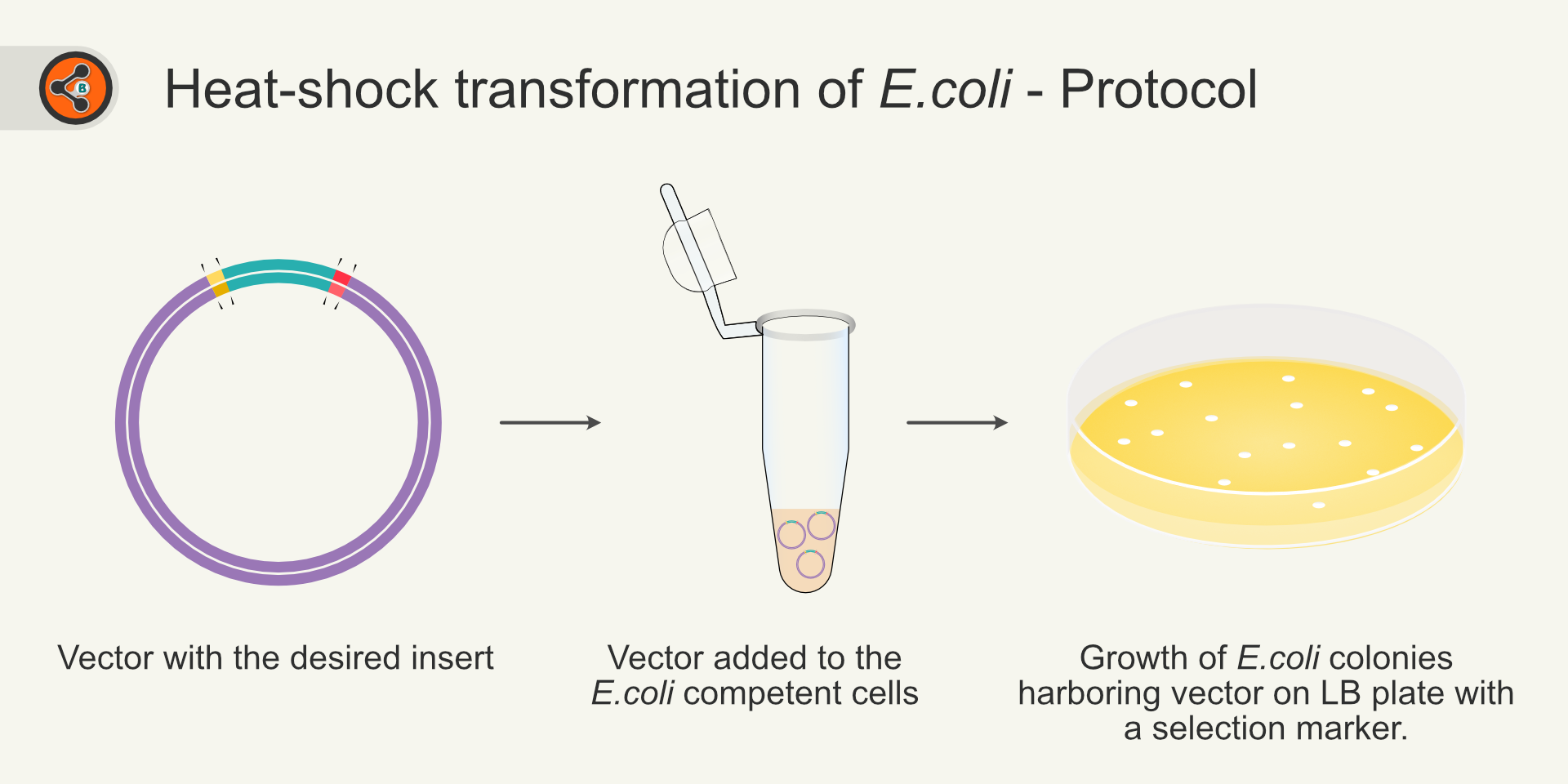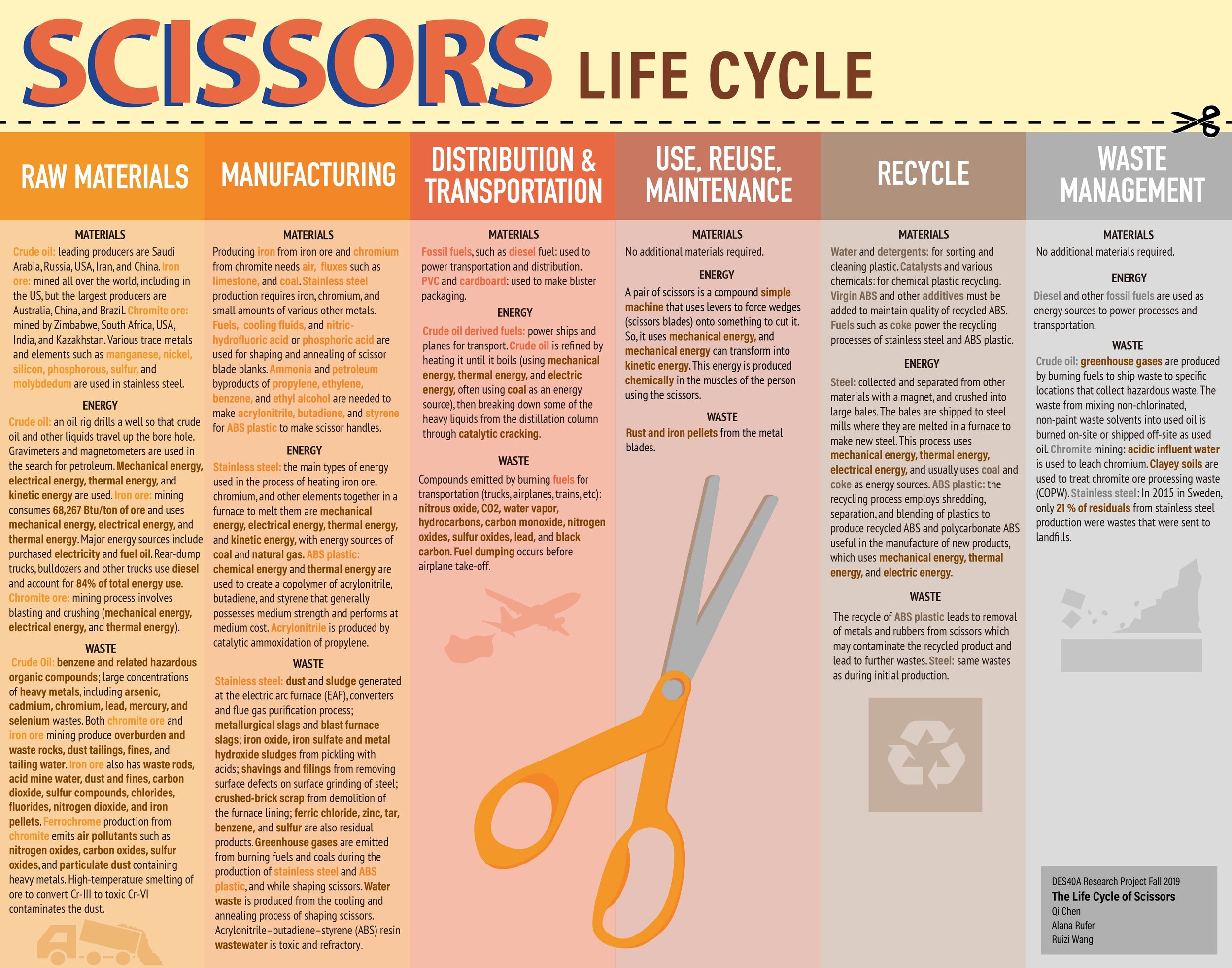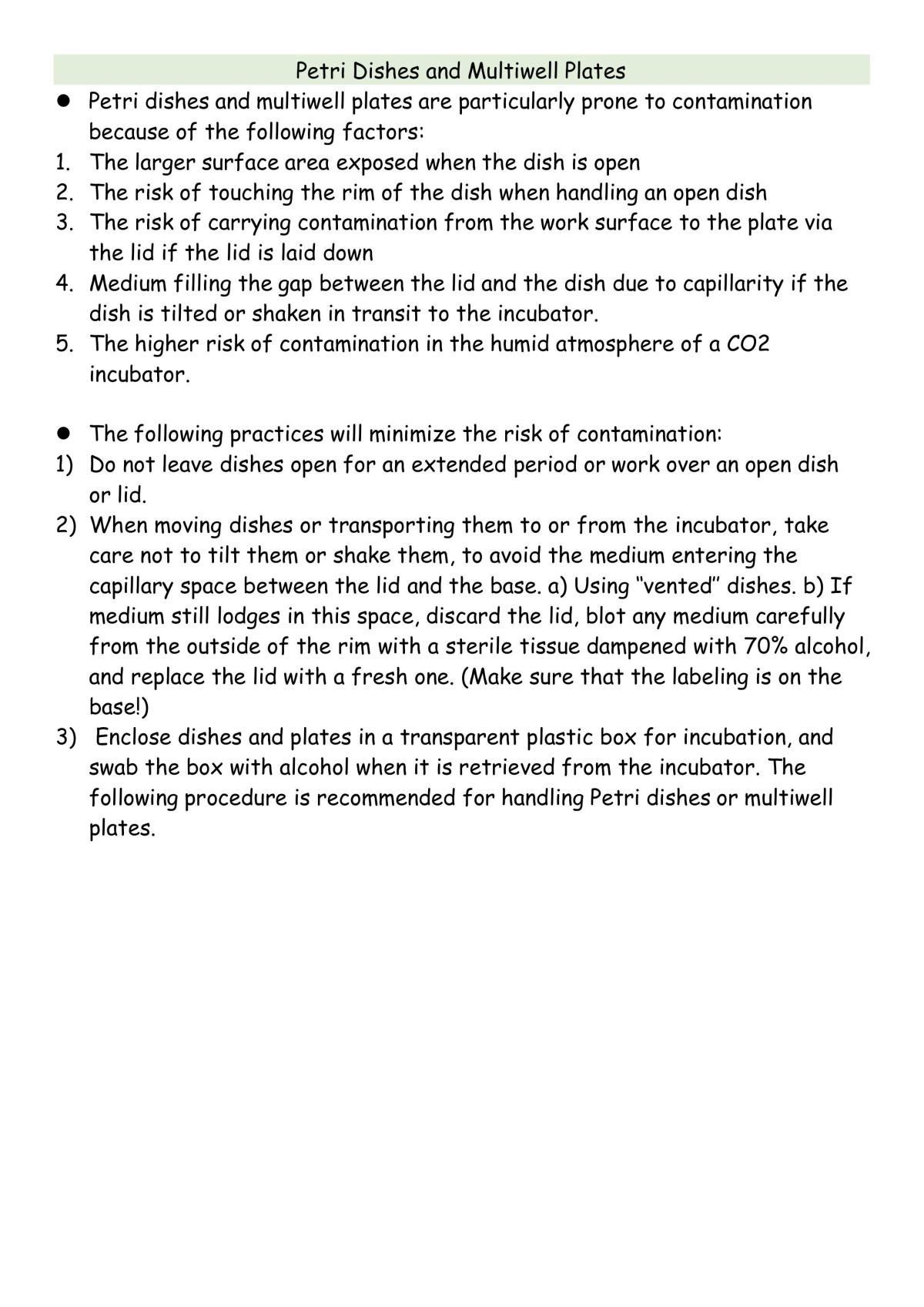Provide the reagents required to complete the following transformation. Provide the reagents necessary to carry out the given conversion. A) KMnO4/NaOH/H2O B) CrO3/H2SO4/H2O C) PCC/CH2Cl2 D) Br2, CCl4. Identify the reagents necessary to accomplish each of the following transformations:
The fossil Osmundales (Royal Ferns)—a phylogenetic network analysis, revised taxonomy, and evolutionary classification of anatomically preserved trunks and rhizomes [PeerJ]
Provide the reagents necessary to carry out the following conversion. … could not be used to carry out the following transformation? A. LiAlH4, ether B. HSCH2CH2SH, BF3; then … Provide the reagents necessary to carry out the following conversion. A. 1. O3 2. Zn/acetic acid B. 1. 9-BBN 2. H2O2/NaOH/H2O C. PCC/CH2Cl2 D. 1. 9-BBN 2. H2O2/NaOH

Source Image: link.springer.com
Download Image
Chemistry Provide the reagents necessary to complete the following transformation. CH2CH3 CH2CH3 enantiomer O H20, H2SO4 O mСРВА О 1) ВНз * ТHF 2) H2О2, Но Os04, H2O2 О 1) СНзСОзН 2) Н*, Н2О Provide the reagents necessary to complete the following transformation.

Source Image: sharebiology.com
Download Image
Abstracts – 2023 – Tropical Medicine & International Health – Wiley Online Library
Provide the reagents necessary to complete the following transformation. A) 1. BH3∙THF 2. H2O2, HO-B) H2O, H2SO4 C) OsO4, H2O2 D) CH3CO3H E) 1. CH3CO3H 2. H+, H2O. B. Which one of these alkene would be likely to experience a carbocation rearrangement when treated with aqueous acid? C.

Source Image: chemistry-online.com
Download Image
Provide The Reagents Necessary To Complete The Following Transformation.
Provide the reagents necessary to complete the following transformation. A) 1. BH3∙THF 2. H2O2, HO-B) H2O, H2SO4 C) OsO4, H2O2 D) CH3CO3H E) 1. CH3CO3H 2. H+, H2O. B. Which one of these alkene would be likely to experience a carbocation rearrangement when treated with aqueous acid? C.
14K Learn about the reduction process in chemistry. Understand reduction definition, reduction process, how oxidation relates to reduction, and see examples of reduction. Related to this Question
▷ Alcohols, Ethers and Oxiranes – Organic Chemistry – list of solved problems | Chemistry Online
8 Propene can be converted into 1,2-dimethyl-1-phenylpropene using a sequence of 6 reactions. Demonstrate your knowledge of Grignard reactions by suggesting a plausible sequence. Make sure you draw the correct structure for each intemediate product and clearly indicate the reagent(s) required for each reaction.
New Author Guidelines for Displaying Data and Reporting Data Analysis and Statistical Methods in Experimental Biology | Molecular Pharmacology

Source Image: molpharm.aspetjournals.org
Download Image
Biosensors’ Utility in Mammalian Cell Culturing | SpringerLink
8 Propene can be converted into 1,2-dimethyl-1-phenylpropene using a sequence of 6 reactions. Demonstrate your knowledge of Grignard reactions by suggesting a plausible sequence. Make sure you draw the correct structure for each intemediate product and clearly indicate the reagent(s) required for each reaction.

Source Image: link.springer.com
Download Image
The fossil Osmundales (Royal Ferns)—a phylogenetic network analysis, revised taxonomy, and evolutionary classification of anatomically preserved trunks and rhizomes [PeerJ]
Provide the reagents required to complete the following transformation. Provide the reagents necessary to carry out the given conversion. A) KMnO4/NaOH/H2O B) CrO3/H2SO4/H2O C) PCC/CH2Cl2 D) Br2, CCl4. Identify the reagents necessary to accomplish each of the following transformations:
![The fossil Osmundales (Royal Ferns)—a phylogenetic network analysis, revised taxonomy, and evolutionary classification of anatomically preserved trunks and rhizomes [PeerJ]](https://dfzljdn9uc3pi.cloudfront.net/2017/3433/1/fig-1-small.jpg)
Source Image: peerj.com
Download Image
Abstracts – 2023 – Tropical Medicine & International Health – Wiley Online Library
Chemistry Provide the reagents necessary to complete the following transformation. CH2CH3 CH2CH3 enantiomer O H20, H2SO4 O mСРВА О 1) ВНз * ТHF 2) H2О2, Но Os04, H2O2 О 1) СНзСОзН 2) Н*, Н2О Provide the reagents necessary to complete the following transformation.

Source Image: onlinelibrary.wiley.com
Download Image
C–H Oxidation Meets Electrochemistry | Baran Lab
Answer and Explanation: 1 Become a Study.com member to unlock this answer! Create your account View this answer (a) The mechanism and the required reagents for the given transformation is shown

Source Image: baranlab.org
Download Image
Scissors — Design Life-Cycle
Provide the reagents necessary to complete the following transformation. A) 1. BH3∙THF 2. H2O2, HO-B) H2O, H2SO4 C) OsO4, H2O2 D) CH3CO3H E) 1. CH3CO3H 2. H+, H2O. B. Which one of these alkene would be likely to experience a carbocation rearrangement when treated with aqueous acid? C.

Source Image: designlife-cycle.com
Download Image
Cell and Tissue Culture Notes | BTCD-4123 – Cell Structure and Dynamics – MAHSA | Thinkswap
14K Learn about the reduction process in chemistry. Understand reduction definition, reduction process, how oxidation relates to reduction, and see examples of reduction. Related to this Question

Source Image: thinkswap.com
Download Image
Biosensors’ Utility in Mammalian Cell Culturing | SpringerLink
Cell and Tissue Culture Notes | BTCD-4123 – Cell Structure and Dynamics – MAHSA | Thinkswap
Provide the reagents necessary to carry out the following conversion. … could not be used to carry out the following transformation? A. LiAlH4, ether B. HSCH2CH2SH, BF3; then … Provide the reagents necessary to carry out the following conversion. A. 1. O3 2. Zn/acetic acid B. 1. 9-BBN 2. H2O2/NaOH/H2O C. PCC/CH2Cl2 D. 1. 9-BBN 2. H2O2/NaOH
Abstracts – 2023 – Tropical Medicine & International Health – Wiley Online Library Scissors — Design Life-Cycle
Answer and Explanation: 1 Become a Study.com member to unlock this answer! Create your account View this answer (a) The mechanism and the required reagents for the given transformation is shown